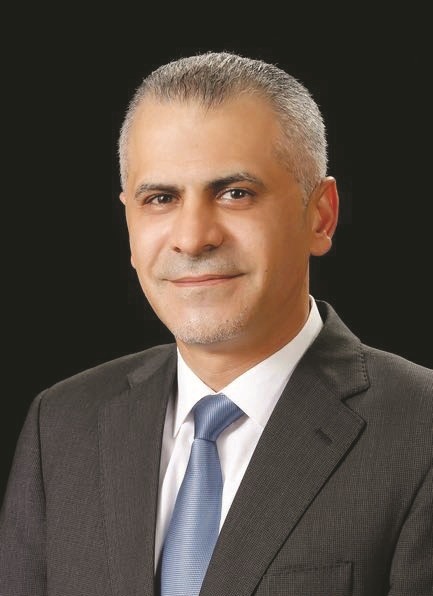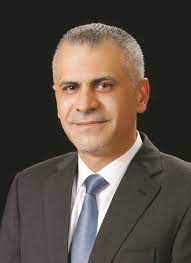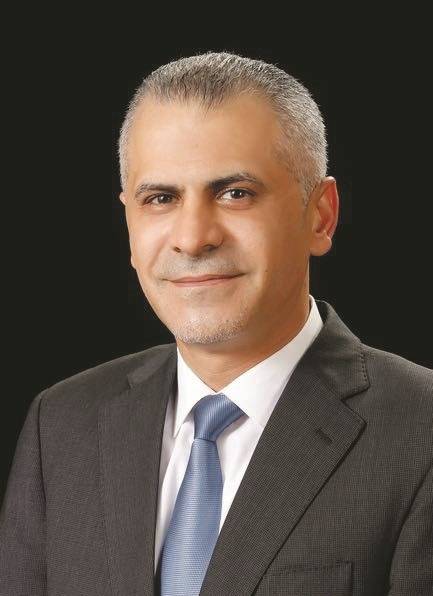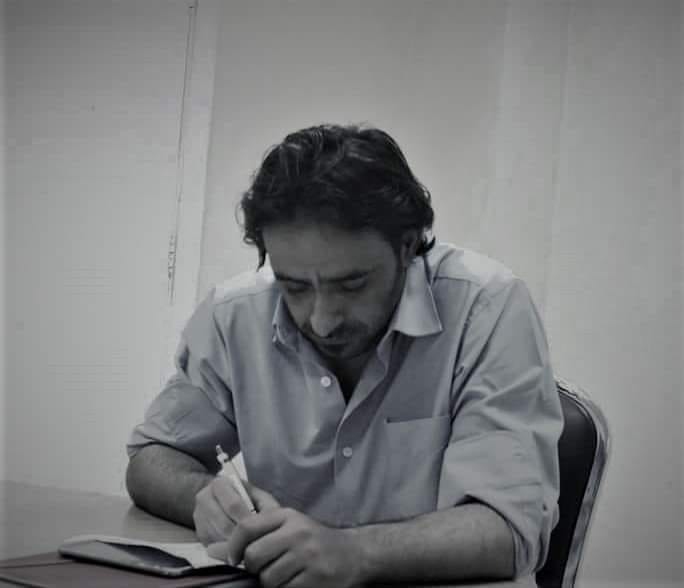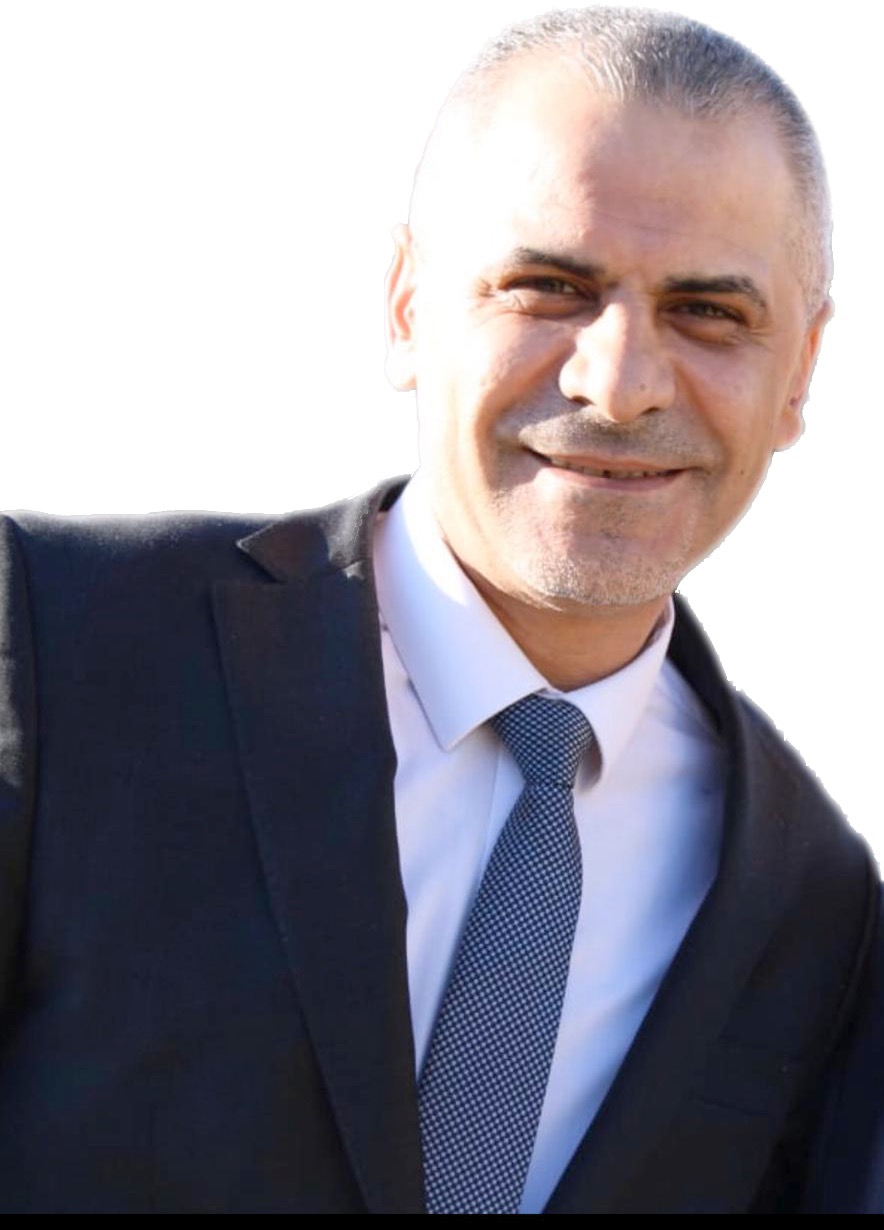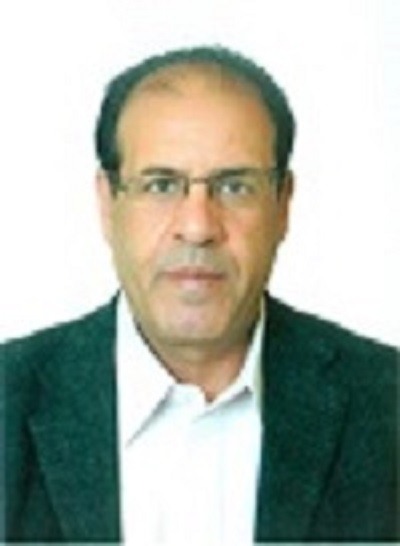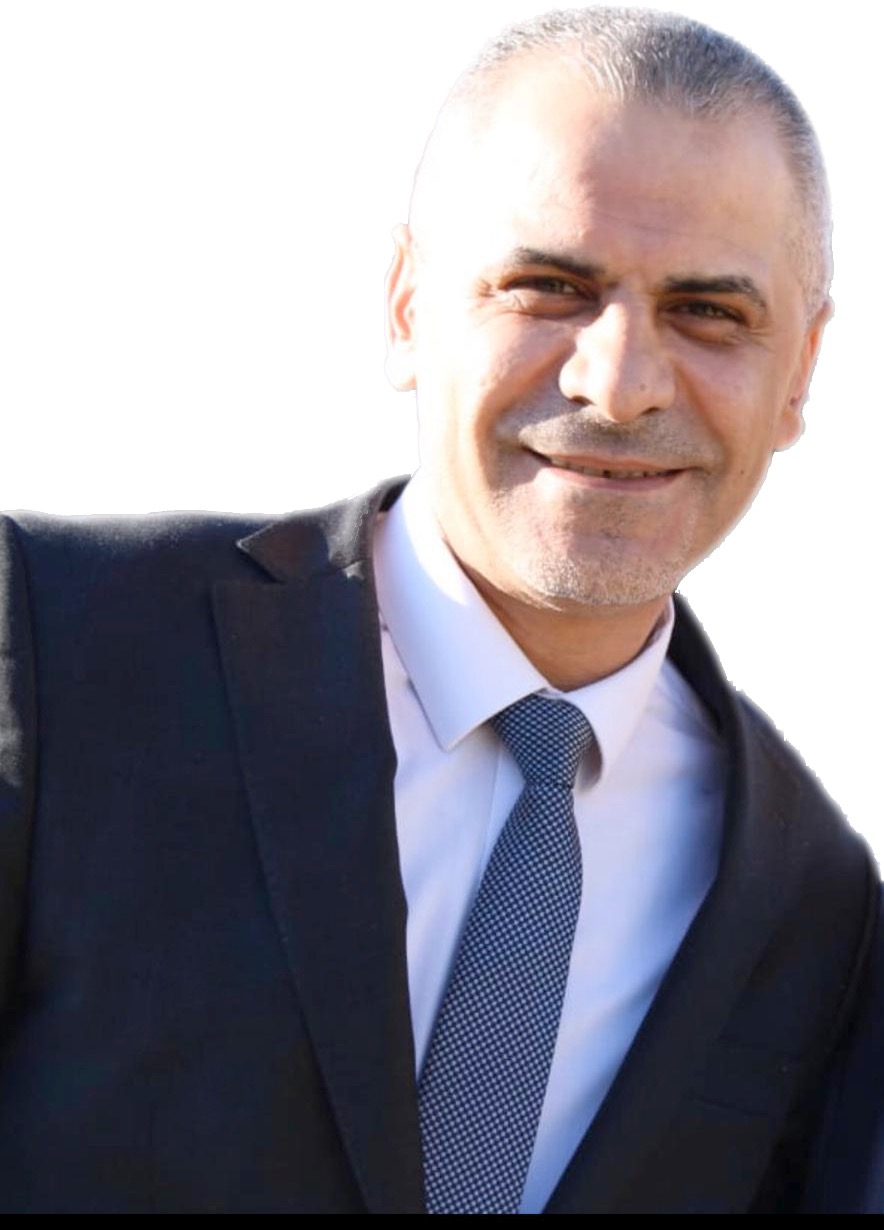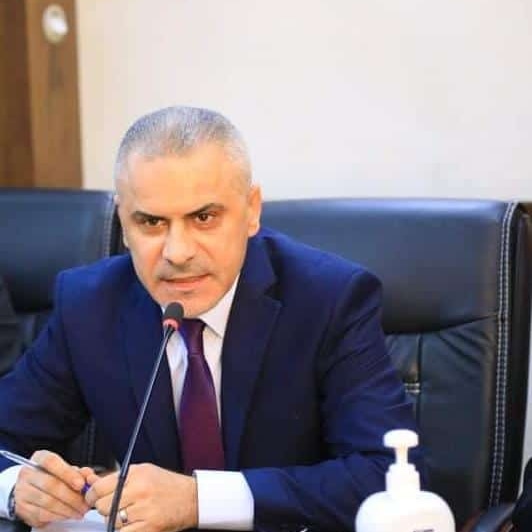Facing the crisis ... or diluting the crisis !!!
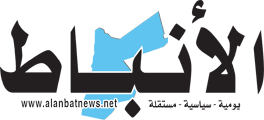
Al-Anbat - Engineer Hashem Nayel Majali
All crises are a major part of human and institutional life, and all are prone to crises, whether at the individual or state levels, but the most important thing is how to confront and deal effectively with them so as to reduce their negative consequences and the damage they can cause.
They directly and indirectly affect the image and reputation that form the impression for everyone on how to deal with it and how to prepare for this type of crisis of all types and size.
It is important that there be specialized media crises from trained media cadres and qualified for all kinds of economic, health, political, social or disaster crises, where the media and modern media (social communication) share events in minutes or hours so that there is no ability to control the Information about the crisis, especially in its early stages, which is accompanied by comments, fabrications, tweets and others, which means the need to speed up the response systems with the information related to the event or the crisis that lurks the lies and media fabrications so that the crisis information is collected from all sources from the concerned parties in a unified media source, and to take advantage of the time, which is to prepare ahead of what is not expected. We find that there is a big difference in the management of the crisis and control of the events because there are those who amplify the event especially with the existence of data and programs to manage risks in advance and prepare for them with monitoring all the previous phenomena after analysis and evaluation, and to take the necessary measures to reduce their risks in the event of recurrence, especially the existence of modern techniques of remote sensing, which provides a real opportunity to deal with the matter in a standard period of time to prevent the occurrence of human or catastrophic risks and reduce them, for they are predictive analyzes that identify potential risks and this calls for the development of pre-prepared plans to cope with disasters and crises without reducing measures.
There are so-called (investment in crisis prevention) where there are specialized consulting centers and there are specialized companies to provide the possibilities, assess the impact and identify the strengths and weaknesses, especially that the community deals with the crises with negativity and succumb to confront them, but increases the effects of intimidation through media platforms on their diversity, which is discouraging and implanting despair in the public psyche, especially if the infrastructure is fragile, where they are liable to collapse and thus create large losses of human lives and material damage. There are fluctuations in the weather that can not be known , especially when the floods are formed and run a lot, these phenomena are natural and difficult to control even in civilized countries, but it is possible to reduce risks to human lives by the measures taken in such circumstances to avoid losses especially the existence of strict instructions in this regard.
The crisis that we have been through by many events means hardship and it created a state of imbalance and stress. It is a difficult situation that leads to negative results, and decision-makers must take advantage of the assessment of crises of all kinds to formulate a strategy to confront these crises, so that there will not be any confusion in the decision-making, lack of availability of information and lack of potential, tension and pressure exercised on those involved in the crisis, especially in the stage of maturity of the crisis and be in intensity until it begins to decline gradually. There is a strategy to address the crisis and reduce it, especially the existence of teams trained and qualified to manage, deal, control and support to address them, and mobilize energies and possibilities and develop scenarios to deal with them in all literal and technical. Dealing with the outputs, especially with the coverage of specialized media management crisis to stifle the crisis and not allow to change its form or invest it in a negative way, and not being reckless to deal with traditional methods such as denial, misleading and misinformation, and reduce the intensity and impact, or divide it to many parties and thus dilute the crisis to turn the path to alternative paths.
hashemmajali_56@yahoo.com
Translated by: Yasmeen AbuBaker
